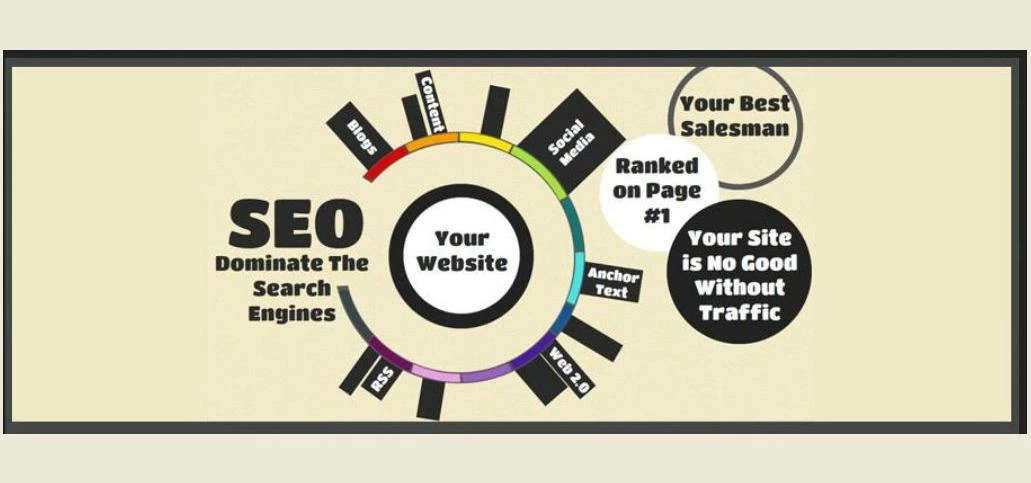
Partner Article
Difference between Ethical and Unethical SEO
The bottom line: In today’s world, ethics has almost taken a backseat, almost in every aspect of life. So it’s highly possible that your webmaster, in order to get more traffic for your website within a short span, is using unethical measures.
While this might benefit you in the short term and create potential consumers, in the long run, it might spell you T-R-O-U-B-L-E! But what’s more surprising, you could easily have stayed with the proper SEO techniques and methods to obtain the same – if not better – results. It might have taken bit longer that way, but money that comes too quick disappears faster!
We see no need to define SEO here. You’ve been using it perhaps for years now; it is what helped you market better than your competitors by taking your website to ranks higher than theirs, which increased your visibility on the World Wide Web and therefore, resulted in more number of sales and thus, a greater volume of money. What you didn’t see is it has also brought you a greater share of troubles. Although discreetly and hence, they piled up to a great deal before you could take notice. Fact is - It was better when it was going unnoticed!
The above is true when you (or your webmaster) have gone the black hat way. Search engine optimization can be done avoiding the dishonest methods but you largely avoided the good part. Ethical SEO – like ethical hacking – is safe and trustworthy, for it doesn’t defy the basic and the chief/main rules of search engine optimization. The white hat techniques accept the norms of the SEO techniques; are clearly visible and obvious to website visitors. The black hat method is plain spamming, cutting corners to cheat any accepted code of conduct. This makes the unethical methods shoot website ranks higher for short terms. The rise is drastic due to countless links posted into it with an overall low quality of page matter. But search engines are getting smarter; their imposed punishments to the detected black hat methods and their practices are stern. It applies to hiding texts and links (to make it less obvious to the viewer), automated query usage without permission from search engines; too many keywords in websites/pages ruining the natural flow of information and reading/viewing pleasure. Using duplicate content and disruptive trading links to mislead users also come under unethical Expert SEO Service; it also applies towards creating any false, doorway passage and siphoning visitors to (an) other website(s).
Whereas for ethical Local Search Engine Optimization techniques, they are different for separate website pages with relevant keywords and content for every visitor. There is always a sitemap to help search engine spiders and users alike, and an exchange of links only with other reliable and quality websites. Without a regular update of site content, white hat doesn’t hold!
This was posted in Bdaily's Members' News section by Graham Burns .








 £100,000 milestone drives forward STEM work
£100,000 milestone drives forward STEM work
 Restoring confidence for the economic road ahead
Restoring confidence for the economic road ahead
 Ready to scale? Buy-and-build offers opportunity
Ready to scale? Buy-and-build offers opportunity
 When will our regional economy grow?
When will our regional economy grow?
 Creating a thriving North East construction sector
Creating a thriving North East construction sector
 Why investors are still backing the North East
Why investors are still backing the North East
 Time to stop risking Britain’s family businesses
Time to stop risking Britain’s family businesses
 A year of growth, collaboration and impact
A year of growth, collaboration and impact
 2000 reasons for North East business positivity
2000 reasons for North East business positivity
 How to make your growth strategy deliver in 2026
How to make your growth strategy deliver in 2026
 Powering a new wave of regional screen indies
Powering a new wave of regional screen indies
 A new year and a new outlook for property scene
A new year and a new outlook for property scene